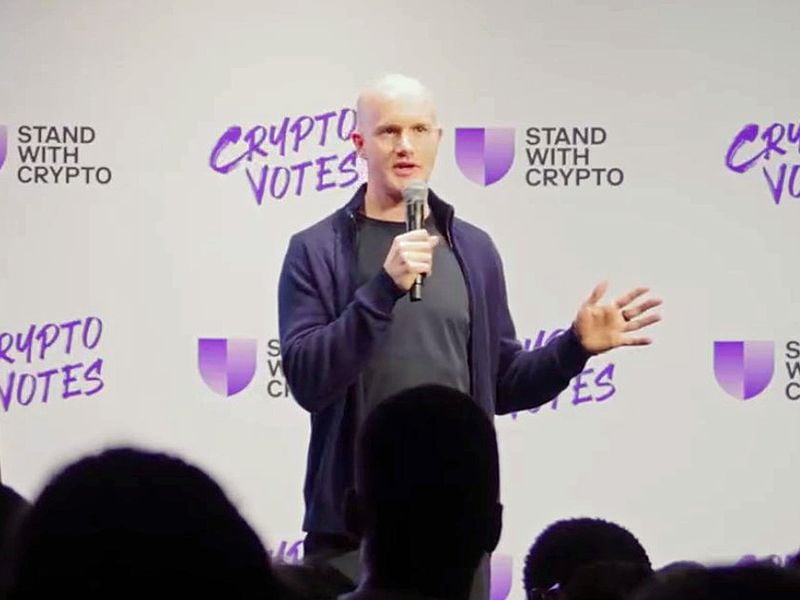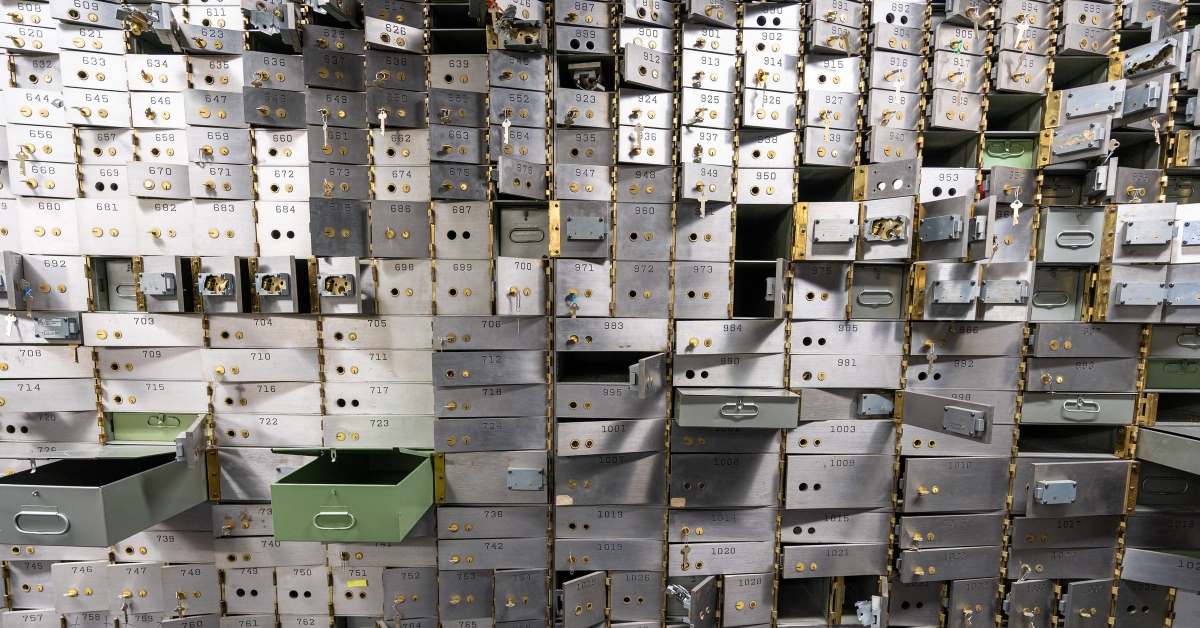Stablecoin Issuing System M^0 Employs Fireblocks for Crypto Custody
-
Institutions that use Fireblocks for crypto key management workflows will work seamlessly with M^0’s stablecoin-minting and validation software.
-
The protocol aims to fill the gap between existing stablecoin systems, where all the yield goes to either the token issuers or the token holders.

00:54
How Blackbird Brings Dining Experiences On-Chain

18:43
How On-Chain Consumer Products Represent an Industry Shift

02:25
Bitcoin Hovers Near $65.5K; Cross-Chain Bridge Wormhole Debuts at $3B Valuation

05:04
Large Cap Fiat-Backed Stablecoins Depegged Over 600 Times in 2023: Moody’s Analytics
M^0 (pronounced “M Zero”), a protocol that allows institutions to mint their own stablecoins backed by U.S. Treasury bills, reached an agreement for Fireblocks to provide cryptocurrency custody services to its issuers.
Firms using M^0 to mint cryptodollars use private keys to transfer them, update collateral balances, retrieve and burn tokens and interact with other participants in the ecosystem such as validators for checking reserves. Those keys now work seamlessly with Fireblocks’ key-management system, the companies said.
“We are creating these minter modules and validator modules to be as institutional ready as possible,” M^0 Labs CEO Luca Prosperi said in an interview. “So when a party like a large market maker or trading desk, for example, comes and says they want to become a minter, but have their key management system on Fireblocks, then you can integrate it in a seamless way with them. We are doing this because we think no one is as well equipped as Fireblocks to do such sophisticated workflow and key management systems for crypto assets.”
M^0 Labs develops the software for the protocol, which is governed by the decentralized M^0 Foundation.
The organization also highlights what it says is a unique feature of its business model: revenue sharing
The success of stablecoin issuers like Tether, whose USDT is the largest by market cap, and Circle, producer of the No. 2, USDC, have focused attention on the industry and seeded a new crop of dollar-pegged tokens. Those tokens are generally backed by yield-generating reserves, typically U.S. Treasury bills.
In existing models either the issuer, such as Tether or Circle, keeps all yield, or the interest payment accrues to the token holder. There’s a need for more flexible system, Prosperi said.
M^0 allows protocol users to wrap stablecoins such that they can opt to keep the yield in its entirety or they can do more complicated things like share a proportion with certain people based on what they do, he said.
“Between these two dumb solutions, where issuers either keep 100% of the yield, or the other extreme where holders keep 100% of the yield – even if they don’t need to – there is no space to incentivize distribution unless through cumbersome paper-based marketing contracts,” Prosperi said. “This technology allows issuers or holders of M to create arbitrarily complex logic to manage the yield in order to incentivize their own ecosystem. And this opens up a wide range of fully on-chain opportunities and business models.”
M^0 has so far gathered a float of around $30 million that is already over collateralized, with reserves independently validated on-chain every 30 hours, Prosperi said. The service is not available to users in the U.S.
Edited by Sheldon Reback.
Disclosure
Please note that our
privacy policy,
terms of use,
cookies,
and
do not sell my personal information
has been updated
.
CoinDesk is an
award-winning
media outlet that covers the cryptocurrency industry. Its journalists abide by a
strict set of editorial policies.
In November 2023
, CoinDesk was acquired
by the Bullish group, owner of
Bullish,
a regulated, digital assets exchange. The Bullish group is majority-owned by
Block.one; both companies have
interests
in a variety of blockchain and digital asset businesses and significant holdings of digital assets, including bitcoin.
CoinDesk operates as an independent subsidiary with an editorial committee to protect journalistic independence. CoinDesk employees, including journalists, may receive options in the Bullish group as part of their compensation.
:format(jpg)/s3.amazonaws.com/arc-authors/coindesk/5ca74297-e3be-4402-a07e-b8aa3de111e4.png)









